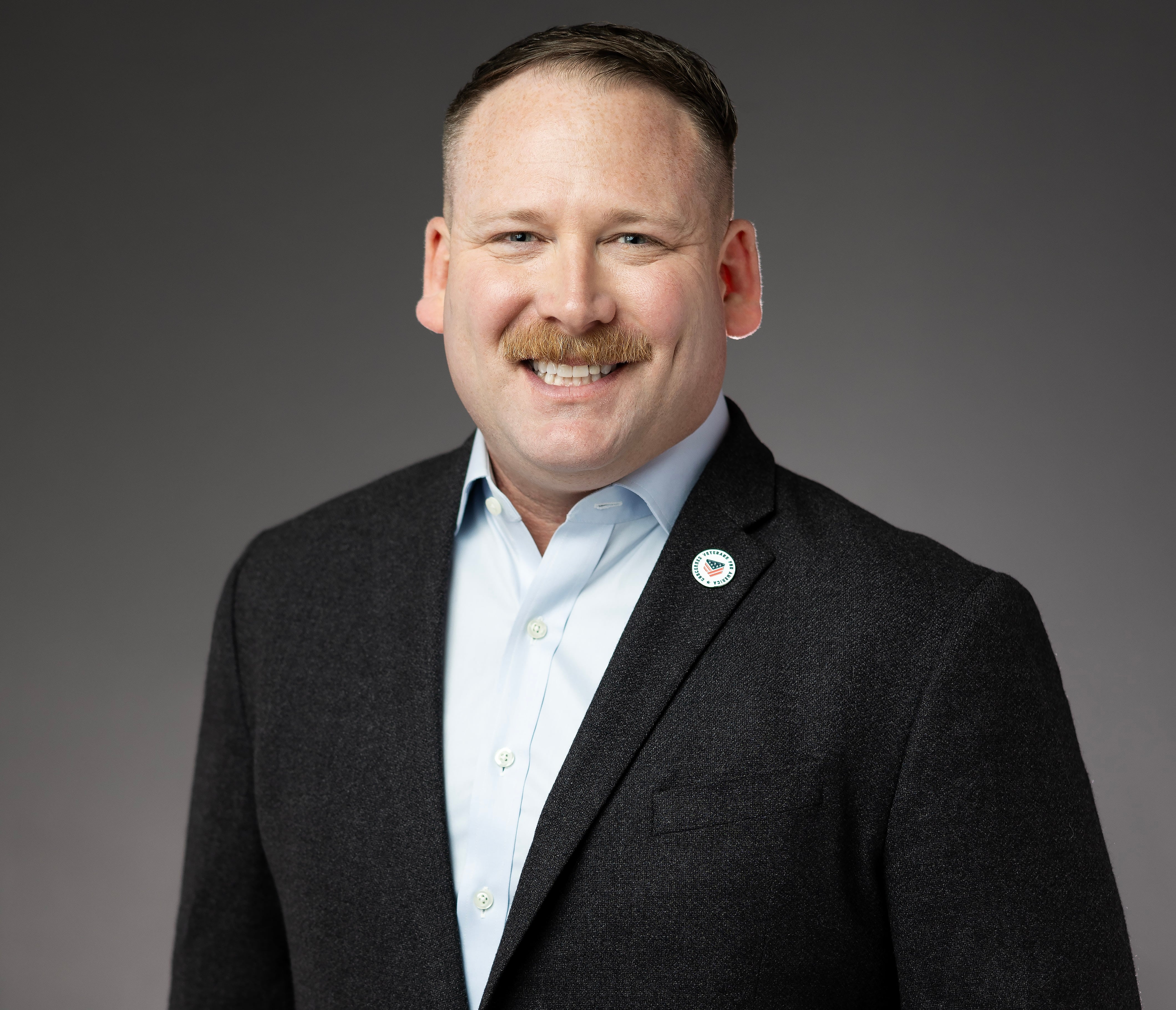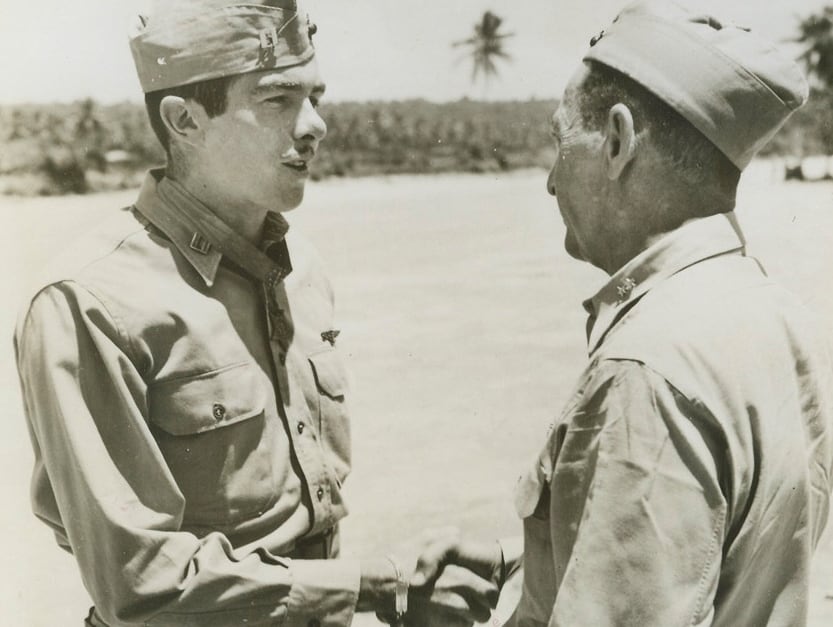Post-traumatic stress disorder is one of the most complex and troubling psychiatric issues that veterans face. Roughly 15 percent of Iraq and Afghanistan vets are diagnosed with the disorder; veterans of the Persian Gulf and Vietnam wars face comparable rates.
Preferred talk therapy treatments for PTSD include cognitive processing therapy and prolonged exposure. Generally referred to as CPT and PE, these first-line treatments focus on the traumatic event as a way to reduce distress. They are the most studied treatments for service members, and guidelines for behavioral health clinicians in the Veterans Affairs and Defense departments recommend use of these types of treatments for PTSD.
But a recent study published in the Journal of the American Medical Association reveals that these trauma-focused therapies may not be as effective as originally touted.
Researchers reviewed three dozen studies of veterans and active-duty troops spanning 35 years. After analyzing data from nearly 900 individuals diagnosed with PTSD who received one-on-one or group therapy, the study revealed two important results: About two-thirds of troops continued to meet criteria for a PTSD diagnosis after "successful" treatment, and one out of four dropped out of the treatment.
That's not to say CPT and PE didn't help; there were meaningful results compared to no treatment at all, with substantial numbers of service members and veterans showing significant drops in measures designed to assess the presence of PTSD symptoms.
However, the decreases in scores on these clinical measures were not large enough in two out of three patients to consider them "cured" — in other words, they still had enough symptoms to retain a PTSD diagnosis And when compared to nontrauma-focused treatments like present-centered therapy and interpersonal psychotherapy, PE and CPT were only slightly better.
One criticism of trauma-focused therapies like CPT and PE is that they're too distressing for certain patients, which causes some to drop out of treatment too soon. The most recent review, showing that one in four patients terminated treatment prematurely under both treatments, supports that criticism. In fact, in one study of PE, nearly 40 percent of patients quit therapy.
Troops and veterans who receive a trauma-focused therapy for their PTSD do improve — but unfortunately, it's not enough. To get better control of this condition affecting a sizable portion of our military and veterans communities, we need to explore other treatment options.
We should reduce our focus on narrowly defined and proprietary interventions and refocus our efforts on customizing an array of traditional and nontraditional services for our wounded warriors.
Bret A. Moore, Psy.D., is a board-certified clinical psychologist who served two tours in Iraq. Email him at kevlarforthemind@militarytimes.com. This column is for informational purposes only and is not intended to convey specific psychological or medical guidance.





